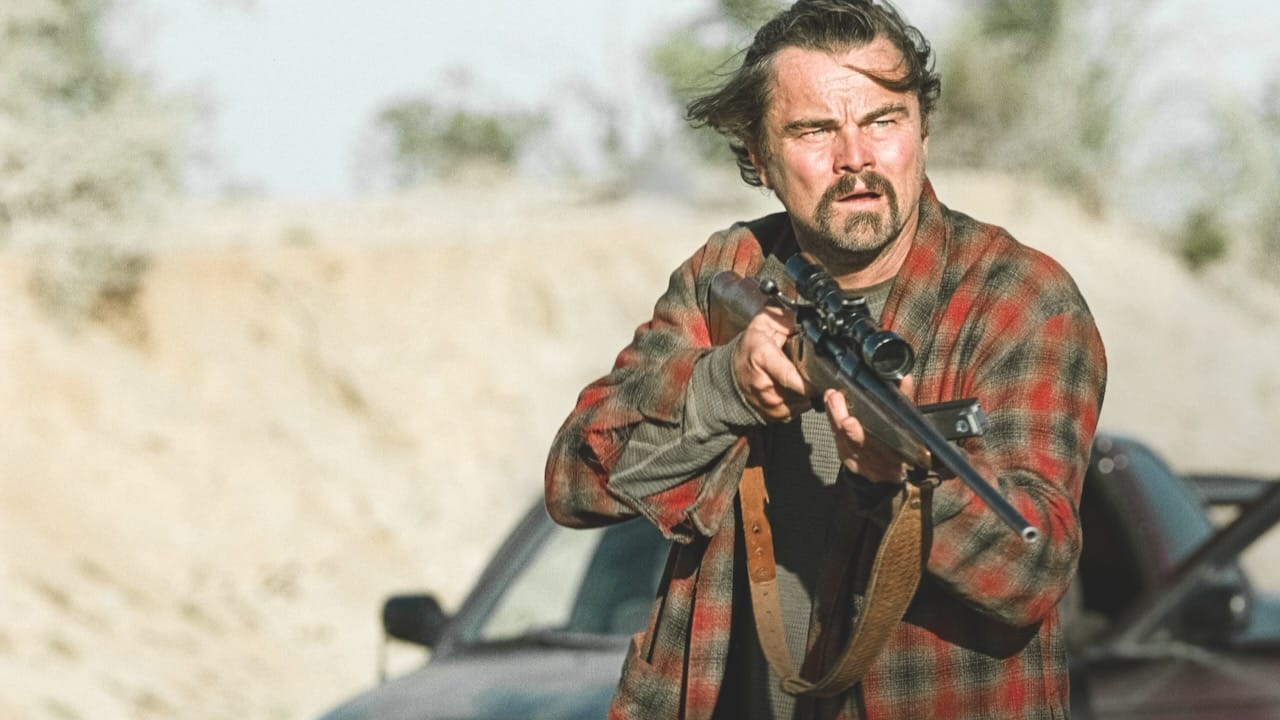Culture Watch: One Battle After Another
Paul Thomas Anderson delivers a watchable big-screen film experience.

One Battle After Another is a film by Paul Thomas Anderson, adapting a novel by Thomas Pynchon.
Published in 1990, Pynchon's novel - Vineland - was set in the 80s and used flashbacks to explore the rebellious potential of the 1960s and how the characters navigated the transformation of US society across the decades.
I haven't read Pynchon's novel, but it seems that Anderson has reimagined the story for the big screen.
In Vineland, a former hippie father is forced into hiding when a past nemesis federal agent resurfaces and comes after them - and it's that set-up that underpins the story that Anderson is telling.
The central figure of One Battle After Another is Pat Calhoun (Leonardo DiCaprio). Pat and his girlfriend, Perfidia (Teyana Taylor) are members of the far-left revolutionary group, the French 75.
During the opening sequence - set in the late 2000s - we see Perfidia humiliate a military officer, Steven Lockjaw (Sean Penn). Perfidia is subsequently captured, sending Pat and his newborn daughter into hiding.
Sixteen years later, Lockjaw resurfaces and is determined to track down Pat and his daughter, Willa (Chase Infiniti).
Although it's long - clocking in at 162 minutes - there's a lot to like about this film. The narrative is coherent, the tension steadily builds, it's visually interesting, and the cast effectively bring to life their idiosyncratic characters.
As a project, it feels like Anderson has created a homage to the B-movies of the 1970s. There's clear nods to the tropes of the Blaxploitation genre, and also plenty of elements that seem directly inspired by the oeuvre of Bruce LaBruce - a big fan of sexy nuns with guns and anti-establishment revolutionaries.
It's the kind of film that you could imagine Tarantino tackling, but Anderson has a more nuanced approach to his storytelling - there's less focus on humour and more focus on world-building.
It's a film that also feels very of-the-moment. The migration of people and the scapegoating of immigration consistently shapes the narrative, the use of military force to persecute people, fomenting conflict on the streets of cities - there's even a powerful "deep state" cabal bringing to life Americans' favourite conspiracy theories.
The performances are universally strong. While this is DiCaprio's film, his paranoid dad on the run is a bit one-level, as is Sean Penn's unhinged military commander. Benicio del Toro gets all the best lines and effortlessly pulls focus. Chase Infiniti impresses as a fiery young woman caught up in something she doesn't really understand.
As a big-screen film experience, this is a good watch. What's probably less clear is what the point of it all is.
Anderson's perspective seems to be pro-revolutionary, anti-establishment, anti-fascist, anti-authoritarian. I guess, in the current climate, that's a pretty bold statement to make.


